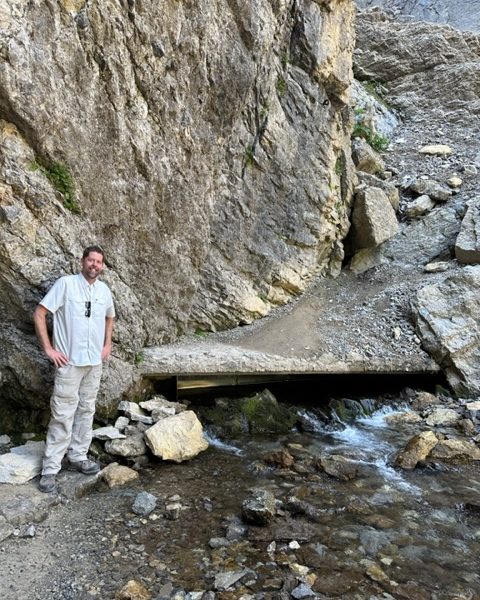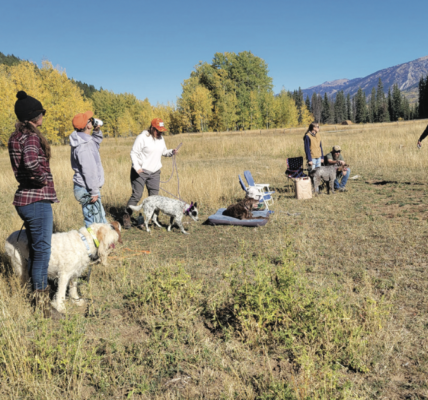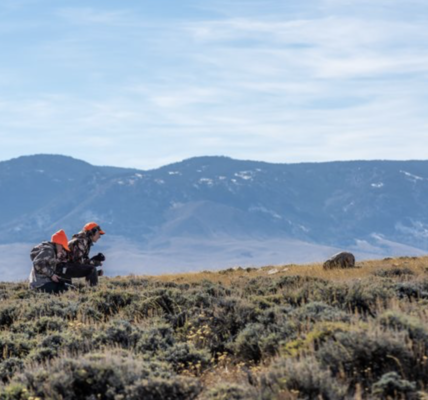Independent Notes: Funding our towns and counties and working with our D.C. delegation

As Wyoming’s budget is worked over every two years in the Legislature, it includes funding from the state to local governments, called Direct Distribution.
Putting this together is a two year process and the funding is divided accordingly.
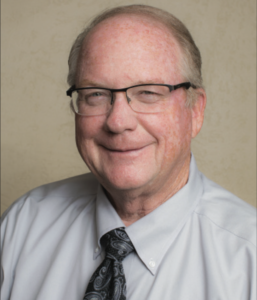
This past budget session, the Legislature stepped up their help for what we call “the locals,” by taking the Governor’s recommendation of $110 million for towns and counties and bumping it up to $146.25 million over the biennium.
Having served on a town council, I know the difficulties of taking care of all the needs and maybe a few worthy wants along the way, if the funding allows.
I remember the questions in lengthy town council meetings: Do we really need to replace that section of water line? Does that street need paved this summer or can we wait? Is this a big enough project that we need to go to the State Land and Investment Board (SLIB) with a request? Those types of questions and more came in those council meetings that extended into the evening hours.
We were always cautious because of the unexpected events like an unpredicted failure in the utilities infrastructure or maybe it was something like the unexpected notice from the Environmental Protection Agency (EPA) that landed in front of the Afton Council in recent years, advising that costly changes would be needed to the water system in order to remain compliant with federal water law. This is the type of notice that would deplete and even cripple a small town budget.
Afton’s water was and is good, we just needed a federal agency to understand that fact.
Thankfully, Senator Barrasso and his staff stepped in to help, following in-person visits in D.C. and here in Afton.
I have to tell you, I was so impressed with the way the U.S. Senator and his staff looked after two of Star Valley’s municipalities in the past year — Afton and Star Valley Ranch. Both were challenged by a federal agency. In the beginning I felt like we were in a situation where the agency was in the “take no prisoners” approach to management for our small towns.
However, we eventually found success with the Afton situation and found cooperation for Star Valley Ranch.
Federal agencies can be difficult to work with. I know this from repetitive experience.
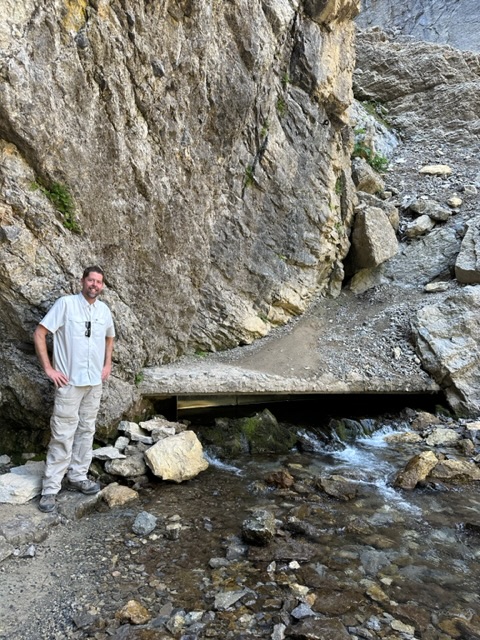
But even more important, I’ve found that cultivated working relationships are priceless when it comes to calling on our D.C. delegation for help, in-person or over the phone. I have used both approaches on numerous occasions reaching for my phone and sometimes burning a little jet fuel to zip across the country. (Those D.C. runs are the easy ones compared to the 7-hour Cheyenne drives with no rest. When I’m in the plane with the 4-hour trip,, I let the other guy drive and I sleep!)
I could share countless instances with you but for now let’s focus on two in particular.
First, Star Valley Ranch and getting help for one of our valley community’s water monitoring. It was simply doing it as the agency suggested. Help came from the Barrasso office when I called.
Second, and in a much larger case, was the challenge for Afton. The EPA’s directive was financially impossible. This was in-person visits and Barrasso’s office stepped up to help.
The Senator and his aggressive staff went to work for us. In one of many phone calls, the senator referred to one staffer as a “bulldog” in taking on these problems.
We complimented his work with the tireless “bulldog” efforts from what I called the Afton “A-Team” — with Mayor Jeff Jensen, Town Administrator Violet Sanderson, and Utilities Director Josh Peavler. They were backed by a strong town council. What a team — here at home and with the visits and tours of the town’s municipal water source.
Along the way, additional help came from Congresswoman Harriett Hageman and U.S. Senator Cynthia Lummis.
Sen. Lummis had a member of the staff visit and Congressman Hageman met with Afton’s A-Team early in the battle. That was followed by a lunch meeting so I could further discuss the approach.
We express gratitude for the delegation’s help when we needed it.
Ultimately, how does it all come together? Years of working together in respect and dignity — developing those cultivated working relationships. Priceless!

